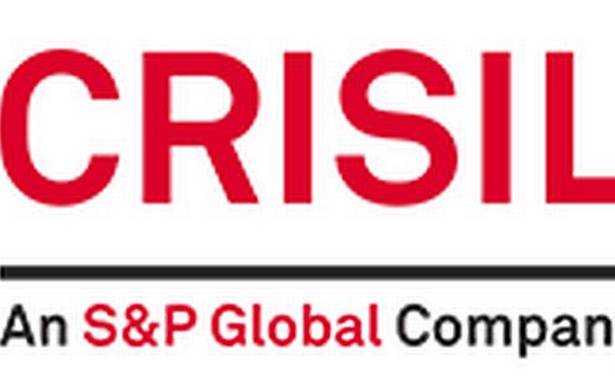Mumbai: India Inc’s financial health measured by the credit ratio, or the proportion of rating upgrades to downgrades, moderated in the first half of current fiscal year and is set to dip marginally further in the second half, Crisil Ratings said Tuesday.
Crisil, which rates 6,500 companies, however, made it clear that the credit ratio will stay above 1 going forward as well, which means the number of upgrades will outpace the downgrades.
In April-September FY24, there were 443 upgrades as compared to 232 downgrades, the agency said, adding that the credit ratio moderated to 1.91 from 2.19 in the preceding six months.
It said the upgrades are much higher than the decadal average, but the downgrades are inching up lately, largely due to difficulties faced by export-linked sectors due to slowing growth in the world.
Crisil’s Managing Director Gurpreet Chhatwal said the moderation in the first half was along expected lines, and the government’s infrastructure push and spending are helping corporate India report positive credit ratios.
Chhatwal said there are challenges on higher inflation, surging global fuel prices and the erratic rainfall.
Crisil’s senior director Somasekhar Vemuri said it expects a “marginal moderation” in the credit ratio in the second half of the fiscal. The debt rated credit ratio, which captures the movement of India Inc’s loans, shot up to over 7 because of upgrades in some large corporates.
On the crucial question of private capital expenditure, Chhatwal said corporate India continues to be circumspect on making investments, though there have been some brownfield bets.
Vemuri pointed out to high interest rates being one of the reasons holding back India Inc from making investments.
The agency expects bank credit growth to moderate to 13 per cent in FY24 from the previous fiscal’s over 15 per cent, and blamed the slower credit demand from the corporates for the moderation. It said the retail credit growth will be higher at 19-20 per cent, and added that the riskier unsecured loans will grow faster.
On the asset quality front, the agency expects a further improvement on the decadal best gross non-performing assets ratio of 3.9 per cent in FY24. The faster growth in unsecured assets will lead to a 0.20-0.25 per cent rise in the retail NPAs, but the same will be manageable, the agency said.
Meanwhile, its peer India Ratings also reported higher upgrades (146) as compared to downgrades (55) during the first half, but added that the profiles are showing signs of moderation.
“Corporate credit profile performance stayed its expected course in H1FY24. While upgrades continued to outpace downgrades, their intensity has moderated,” its head of credit policy group Arvind Rao said.
Icra, another domestic credit ratings agency, said rating upgrades were twice the number of downgrades in the first half of the fiscal led by domestic consumption and investment-focused sectors.
“In relation to the global economic conditions, India is currently an island of relative calm. Continued resilience in demand, early signs of an uptick in private capex, besides a supportive policy environment augur well for India’s economic activity,” its chief rating officer K Ravichandran said.
He added that the lagged effects of the domestic monetary tightening on borrowing costs, spillover effects of the narrowing spread between the US Treasury and the G-Sec yields and the continuing weakness in external demand are some of the foreseeable risks to the credit quality of India Inc.
PTI

